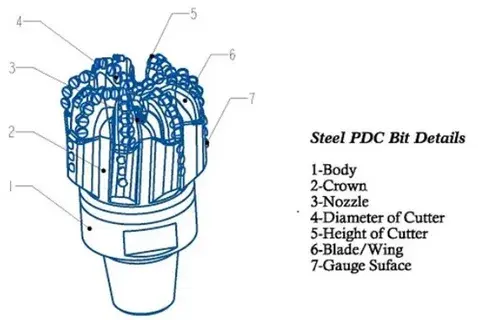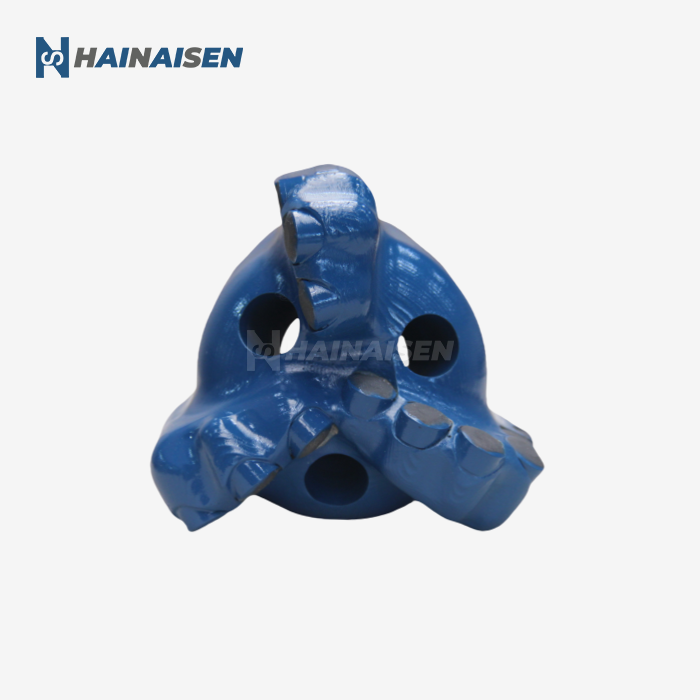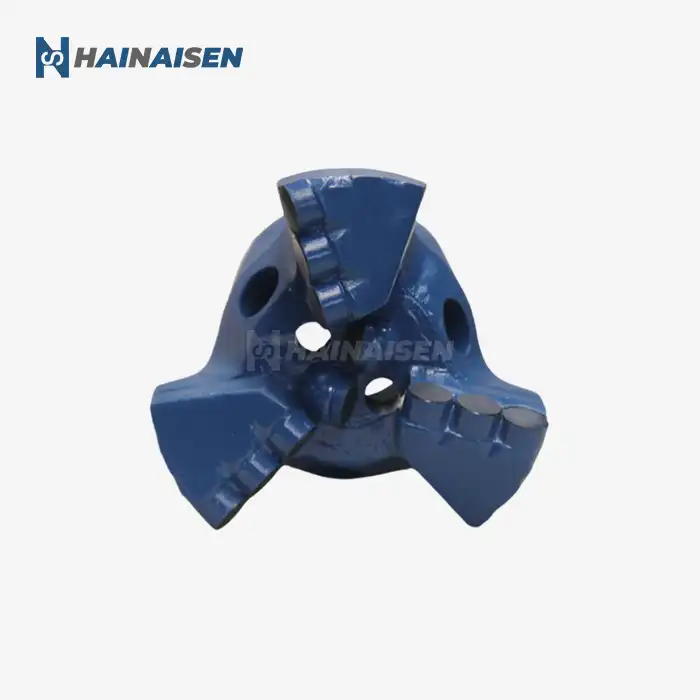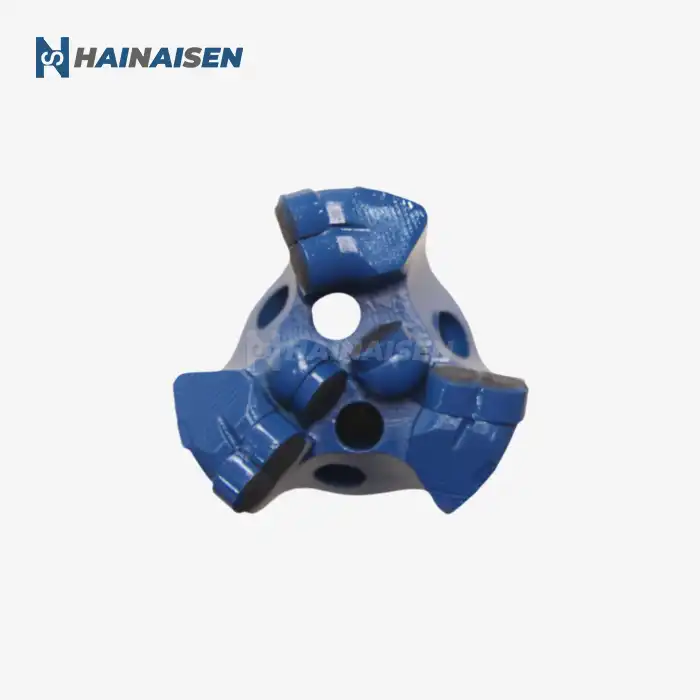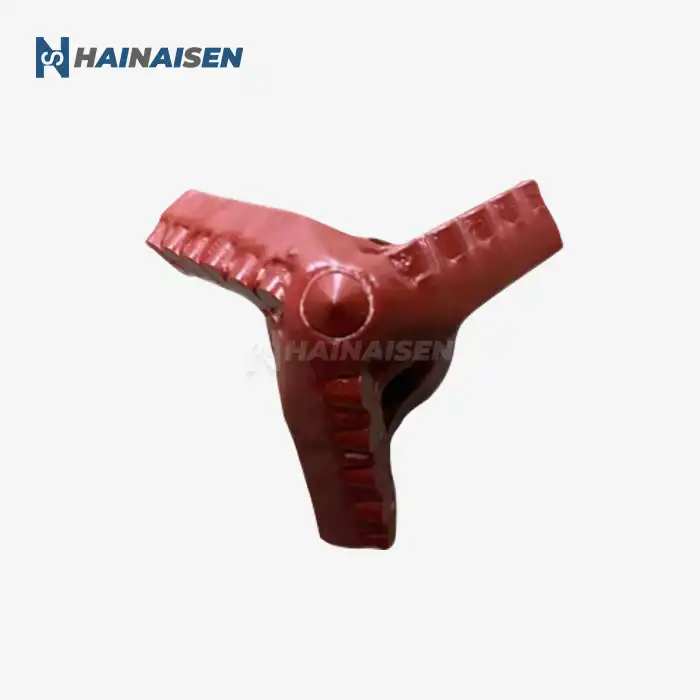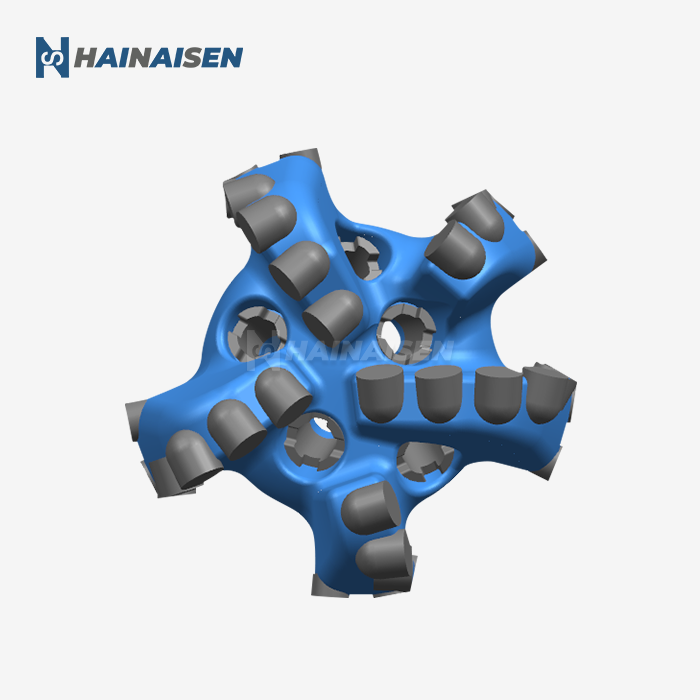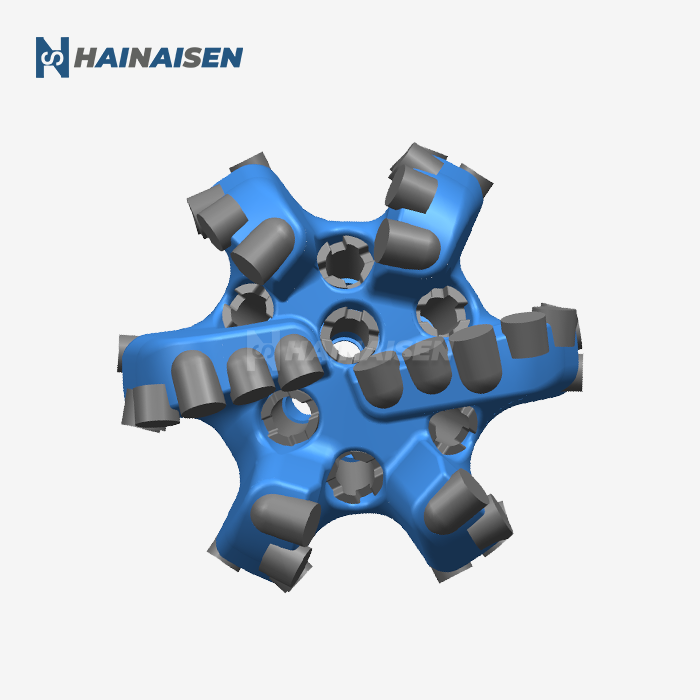Which ISO Standards Apply to Hard Alloy Roller Drill Bits?
Several ISO standards are particularly relevant to the manufacture and use of hard alloy roller drill bits. These standards cover various aspects of the production process, material specifications, and performance requirements. Let's explore some of the key ISO standards that apply to these essential drilling tools:
ISO 13534: Petroleum and natural gas industries — Drilling and production equipment
This standard is crucial for the design and manufacturing of drilling equipment, including hard alloy roller drill bits. It provides guidelines for:
- Material selection and compatibility
- Design criteria for critical components
- Testing and inspection procedures
- Documentation and traceability requirements
ISO 15156: Materials for use in H2S-containing environments in oil and gas production
While not specific to drill bits, this standard is essential for ensuring the durability of hard alloy roller bits in corrosive environments:
- Specifies material requirements for sour service conditions
- Provides guidance on material selection for H2S resistance
- Outlines testing methods for material qualification
ISO 10424-1: Petroleum and natural gas industries — Rotary drilling equipment
This standard focuses on the specifications for rotary drilling equipment, including:
- Dimensional requirements for drill bit connections
- Threading specifications for compatibility
- Gauging practices for quality control
By adhering to these ISO standards, manufacturers can ensure that their hard alloy roller drill bits meet industry expectations for quality, performance, and interoperability. For drilling companies, these standards provide assurance that the bits they purchase will perform reliably under demanding conditions.
Hard Alloy Roller Bits: Key ISO Certifications for Durability
Durability is a critical factor in the performance of hard alloy roller drill bits. ISO certifications play a vital role in ensuring that these bits can withstand the extreme conditions encountered during drilling operations. Let's examine some key ISO certifications that are particularly relevant to the durability of hard alloy roller bits:
ISO 9001: Quality Management Systems
While not specific to drill bits, ISO 9001 certification is crucial for manufacturers of hard alloy roller bits:
- Ensures consistent quality in manufacturing processes
- Promotes continuous improvement in product development
- Enhances customer satisfaction through quality assurance
- Provides a framework for documenting and improving production methods
ISO 14001: Environmental Management Systems
This certification is increasingly important for manufacturers of drilling equipment:
- Demonstrates commitment to environmentally responsible manufacturing
- Encourages the use of sustainable materials and processes
- Helps in meeting environmental regulations in different markets
ISO 45001: Occupational Health and Safety Management Systems
While primarily focused on workplace safety, this certification can indirectly impact product durability:
- Promotes a culture of safety in manufacturing processes
- Encourages thorough testing and quality control measures
- Can lead to improvements in product design for safer operation
These ISO certifications, when applied to the production of hard alloy roller drill bits, contribute significantly to their durability and overall quality. Manufacturers who hold these certifications demonstrate a commitment to excellence in their production processes, which translates into more reliable and long-lasting drill bits for end-users.
For drilling companies, selecting bits from ISO-certified manufacturers can provide greater confidence in the durability and performance of their equipment. This is particularly important for operations in challenging environments, where equipment failure can lead to significant downtime and increased costs.
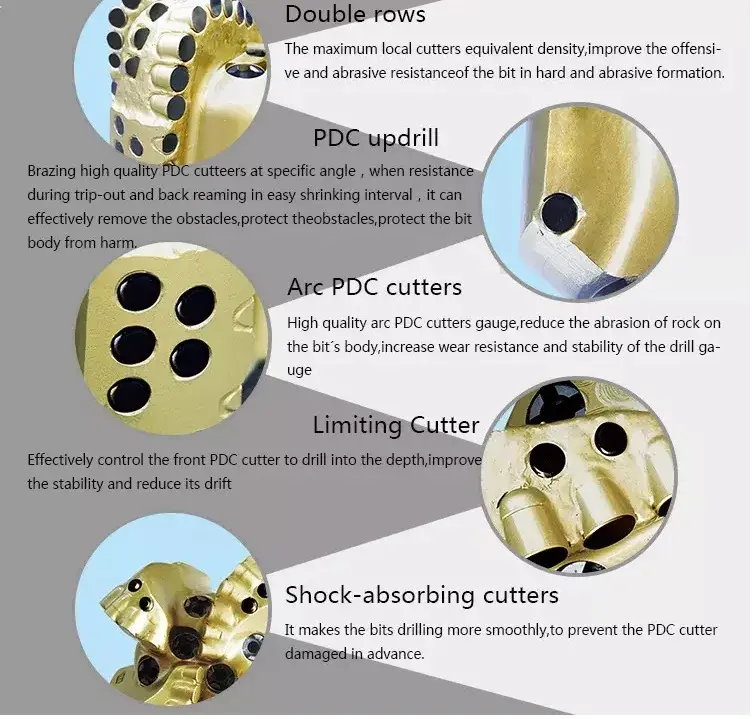
How Do ISO Grades Affect Roller Bit Wear Resistance?
The wear resistance of hard alloy roller drill bits is a crucial factor in their performance and longevity. ISO grades play a significant role in determining the wear resistance of these bits, particularly in relation to the tungsten carbide inserts used in their construction. Understanding these grades is essential for selecting the right bit for specific drilling conditions.
ISO 513: Classification and application of hard cutting materials for metal removal with defined cutting edges — Designation of the main groups and groups of application
This standard is particularly relevant to the wear resistance of hard alloy roller bits:
- Classifies carbide grades based on their composition and properties
- Provides a standardized system for comparing wear resistance across different materials
- Helps in selecting the appropriate grade for specific drilling conditions
The ISO 513 standard categorizes carbide grades into several main groups, each with specific properties:
- P grades: Suited for long chip formation in steel drilling
- M grades: Versatile grades for mixed applications
- K grades: Ideal for short chip formation in cast iron and non-ferrous materials
- N grades: Designed for non-ferrous metals and soft abrasive materials
- S grades: Specialized for heat-resistant super alloys
- H grades: For hardened materials
Within each group, numerical subgrades (e.g., P10, P20, P30) further refine the classification. Lower numbers generally indicate higher wear resistance but lower toughness, while higher numbers offer increased toughness at the expense of some wear resistance.
Impact on Roller Bit Performance
The choice of ISO grade for the carbide inserts in hard alloy roller drill bits significantly impacts their wear resistance and overall performance:
- Harder grades (lower numbers) excel in abrasive formations but may be prone to chipping in impact-prone environments
- Tougher grades (higher numbers) offer better resistance to impact and fatigue but may wear faster in highly abrasive conditions
- Balanced grades aim to provide a compromise between wear resistance and toughness for versatile applications
Selecting the appropriate ISO grade for hard alloy roller drill bits requires careful consideration of the specific drilling environment, including:
- Formation hardness and abrasiveness
- Expected impact and vibration levels
- Drilling parameters such as weight on bit and rotary speed
- Presence of corrosive elements in the drilling fluid or formation
By matching the ISO grade to the drilling conditions, operators can optimize the wear resistance of their hard alloy roller drill bits, leading to improved performance, longer bit life, and reduced drilling costs. It's important to work closely with bit manufacturers and suppliers who understand these ISO grades and can recommend the most suitable options for specific drilling projects.
Advancements in Carbide Technology
Ongoing research and development in carbide technology are continually pushing the boundaries of wear resistance in hard alloy roller drill bits. Some recent advancements include:
- Nano-grain carbides for enhanced hardness and toughness
- Multi-layer coatings to improve wear resistance in specific environments
- Gradient structures that combine the benefits of different carbide grades
These innovations, while not yet fully integrated into the ISO grading system, are expanding the possibilities for wear-resistant hard alloy roller drill bits. As the technology evolves, we can expect updates to ISO standards to reflect these advancements, providing even more precise guidance for bit selection and performance optimization.
Conclusion
Understanding the ISO standards and grades for hard alloy roller drill bits is crucial for both manufacturers and end-users in the drilling industry. These standards ensure consistency, quality, and performance across a wide range of drilling applications. By adhering to ISO standards and selecting the appropriate grades, companies can optimize their drilling operations, reduce costs, and improve overall efficiency.
For those in the oil and gas, mining, or construction industries seeking high-quality hard alloy roller drill bits, Shaanxi Hainaisen Petroleum Technology Co., Ltd. offers cutting-edge solutions tailored to your specific needs. Our ISO-certified manufacturing processes and state-of-the-art 3,500m² facility ensure that every bit meets the highest industry standards. Whether you're a large oil service company requiring premium quality or a coal mining operation looking for cost-effective solutions, we have the expertise and products to meet your demands.
Take the next step in optimizing your drilling operations. Contact our dedicated R&D team today to discuss custom bit designs that can revolutionize your drilling performance. Reach out to us at hainaisen@hnsdrillbit.com to learn more about our hard alloy roller drill bits and how they can benefit your specific applications.
References
1. International Organization for Standardization. (2021). "ISO 13534:2021 - Petroleum and natural gas industries — Drilling and production equipment."
2. American Petroleum Institute. (2019). "API Specification 7-1: Specification for Rotary Drill Stem Elements."
3. Smith, J.R. and Thompson, K.L. (2018). "Advancements in Carbide Technology for Roller Cone Drill Bits." Journal of Petroleum Technology, 70(9), 62-68.
4. International Association of Drilling Contractors. (2020). "IADC Drill Bit Classification System."
5. Chen, X. and Wu, Y. (2019). "Wear Mechanisms in Roller Cone Drill Bits: A Comprehensive Review." Wear, 426-427, 1796-1815.
6. Baker Hughes. (2022). "Roller Cone Bit Technology: Enhancing Performance Through Material Innovation." Technical White Paper Series.



